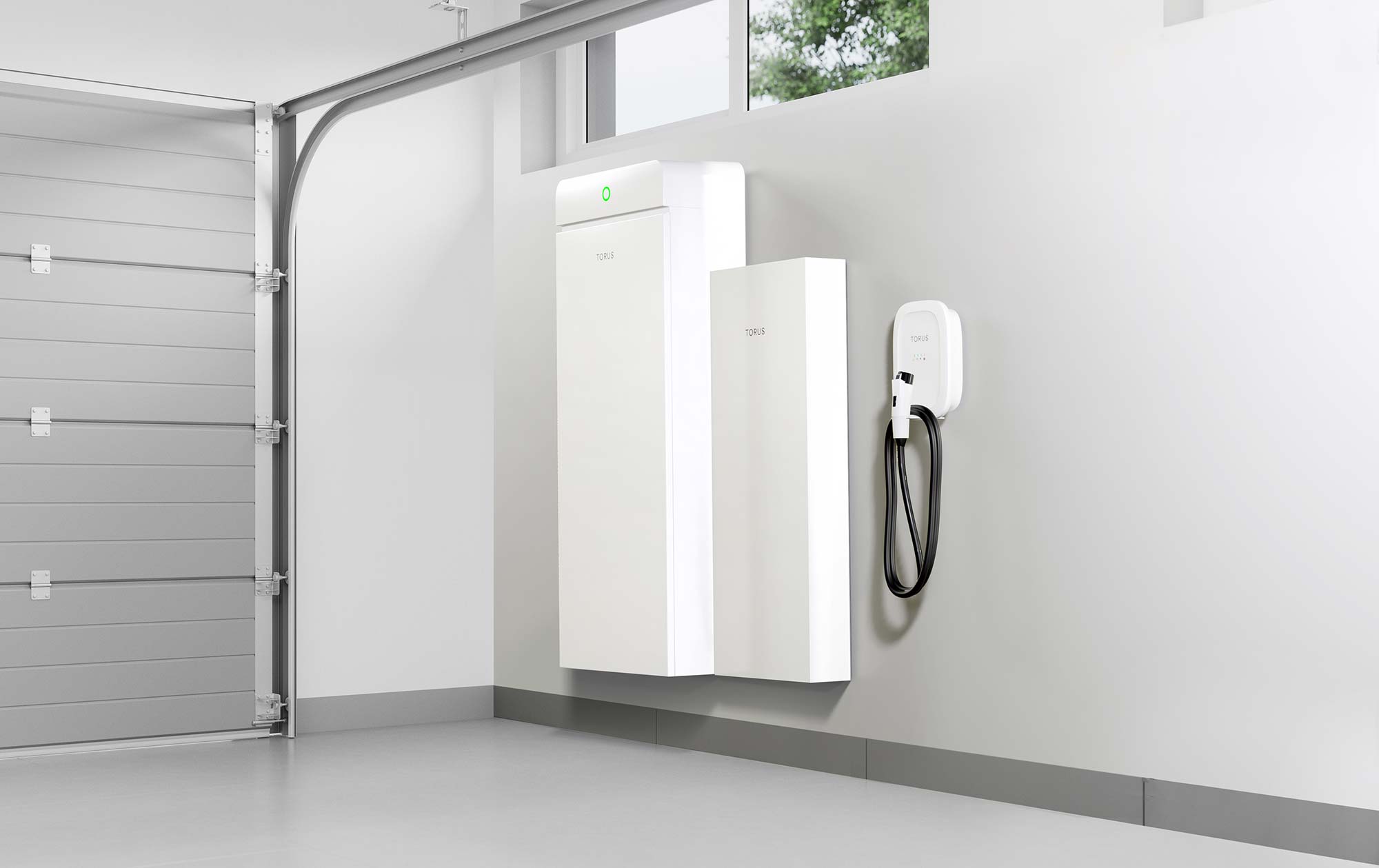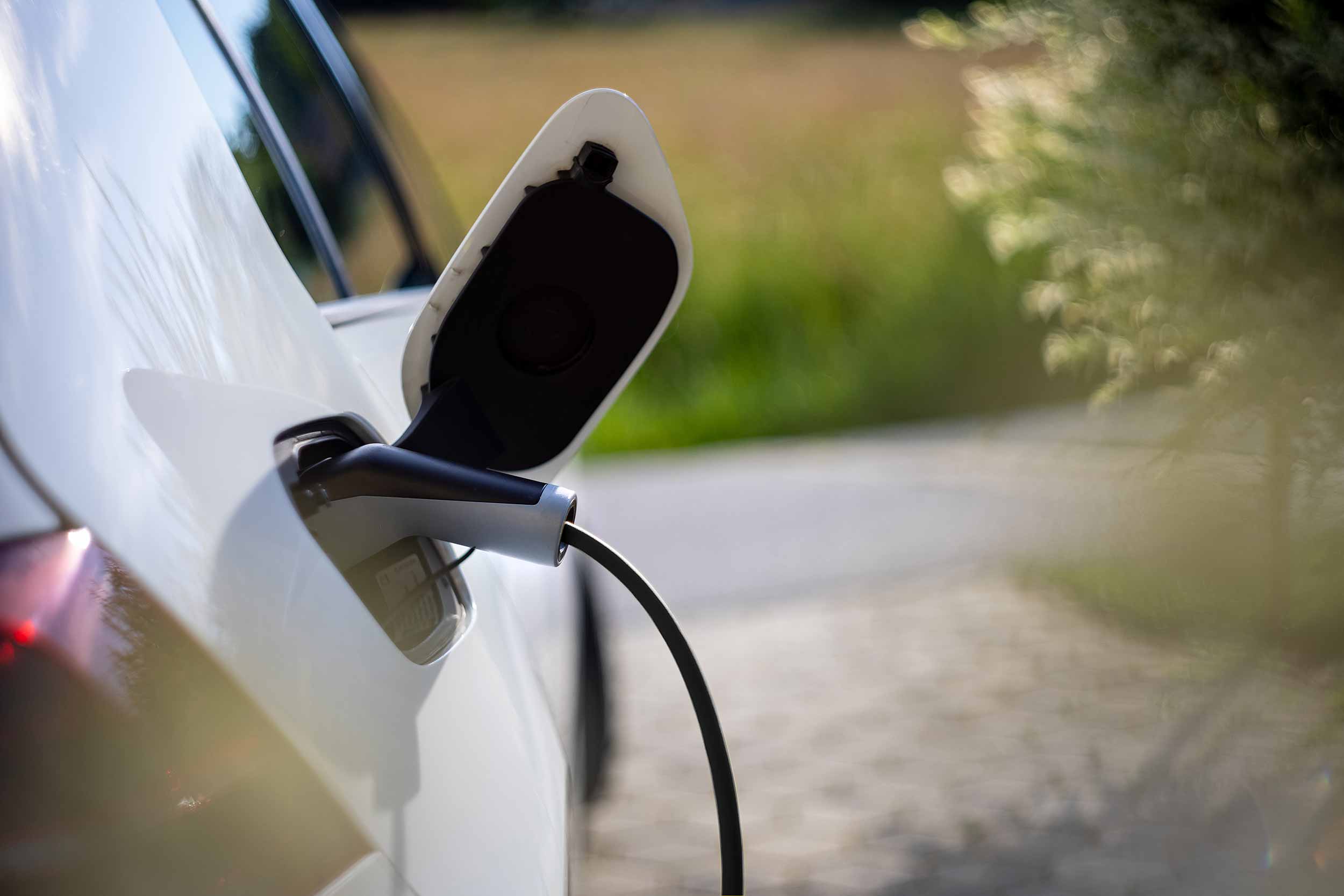What is the payback period of solar batteries?
Calculate how quickly you’ll see returns on your energy storage system
Along with contributing to sustainable energy practices, Utah residents investing in solar battery installation can also enjoy serious long-term financial benefits. These savings truly make an impact once something called a payback period is complete. A payback period represents the time it takes for the savings generated by a solar battery system to offset the initial investment, and understanding yours is a crucial step when assessing the financial viability of a solar battery system in your home. Below we’ll break down the importance of backup power and give a few tips for calculating your energy storage payback period, including average battery costs, available rebates and incentives for Utah residents, and how your electricity rate plan can impact savings.
Calculating Your Energy Storage Payback Period:
To calculate your payback period, consider the total cost of the system (including installation), available incentives, and the savings from reduced electricity bills. Divide the upfront costs by the annual savings to determine the payback period. Keep in mind that factors such as energy consumption, solar panel capacity, and battery usage patterns can influence the payback period.
Average Cost of Batteries:
The cost of solar batteries has been decreasing in recent years, making them more affordable for homeowners. On average, residential solar battery systems in Utah can range from $5,000 to $15,000, depending on the capacity and brand. It's important to research and compare different battery options to find a system that suits your energy needs and budget.
Rebates and Incentives for Utah Residents:
Utah residents have access to several rebates and incentives that can significantly reduce the upfront costs of installing a solar battery system. The Storage Investment Tax Credit (ITC) allows homeowners to claim a percentage of the installation cost as a tax credit. Additionally, the Residential Energy Efficient Property Tax Credit at the state level offers further savings, covering up to 25% of the solar battery system cost, up to a maximum of $400. By taking advantage of these incentives, Utah residents can shorten their payback period and increase overall savings.
Electricity Rate Plan and Backup Power Importance:
Utah residents should also consider their electricity rate plan when assessing the payback period. Different rate plans, such as time-of-use (TOU), can influence the savings from a solar battery system. TOU plans have different rates based on the time of day, allowing homeowners to optimize energy consumption during off-peak hours when electricity costs less. This maximizes savings by utilizing stored energy during peak rate periods. Additionally, having backup power during grid outages is crucial for Utah residents, especially in areas prone to severe weather or utility-caused power shutoffs. A solar battery system ensures that critical appliances and devices remain powered, providing peace of mind and lasting savings.
The Torus Station is the most effective way to create, store, and manage clean, renewable energy at home. Curious? Learn more! Interested in a free consultation? Get in touch! Ready to commit? Customize your system.




